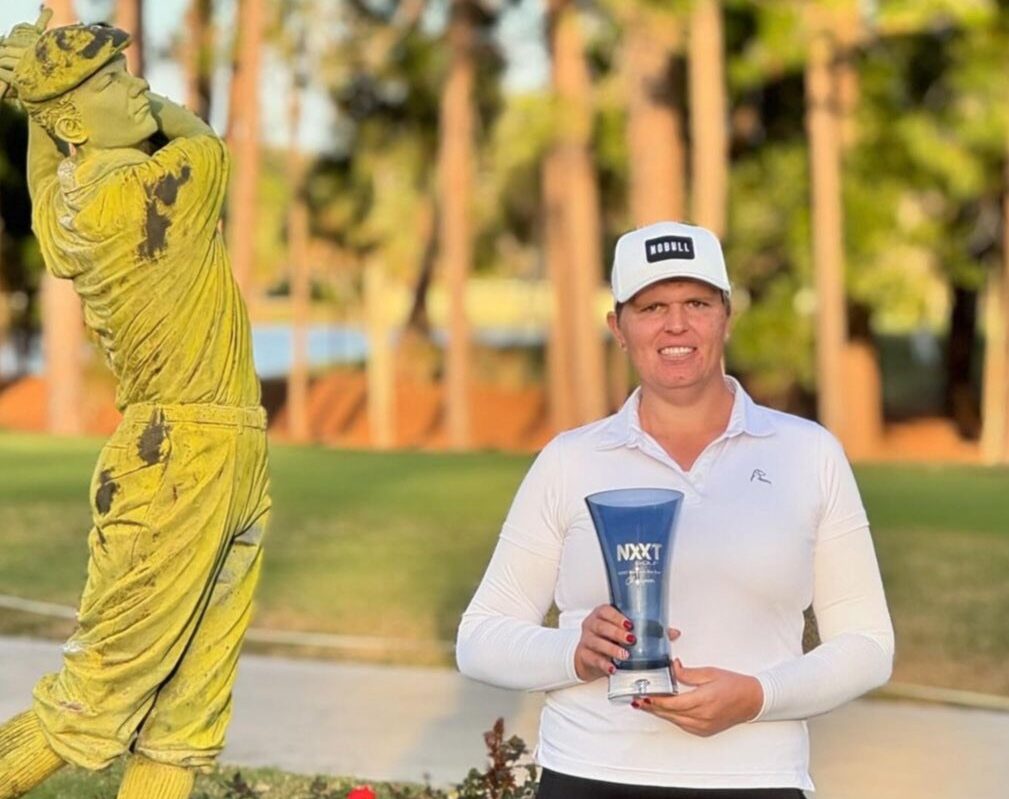Former LPGA Tour professional Amy Olson has claimed that transgender golfer Hailey Davidson potentially winning a card on the women’s main circuit would be “unfair.”
Davidson, a Scottish born transgender golfer, came through the first stages of LPGA Tour Q-School at the weekend to book her spot in the next stage in October.
Davidson, who is originally from Ayrshire but has residency in Florida, became the first male-born golfer to win on the minor leagues three years ago and has laid out her intentions “to make Scotland proud” by earning a card on the LPGA Tour despite plenty of opposition.
Davidson also almost qualified for the US Women’s Open in June.
On Monday, Olson, who has two major championship runner up finishes from her ten seasons on tour took to social media to vent her frustrations.
“These women have worked too hard and too long to have to stand by and watch a man compete for and take their spot. The only fair path forward is a policy based on sex, not gender.”
Davidson recently defended herself on social media: “I will never understand athletes who blame a transgender competitor on their own athletic failures,” Davidson wrote on Instagram. “If you don’t take accountability for your failures then you will never actually be good enough to make it.”
Davidson competed as a male in 2015 before undergoing hormone therapy and she has rejected claims of having an unfair advantage, claiming that the driver travels 30 yards shorter than it did before gender reassignment.
Davidson would not be the first transgender golfer to play at the top level of the women’s game after Danish golfer Mianne Bagger earned a Ladies European Tour card in 2004 after persuading the LET to change its ‘female at birth’ membership rule.
However, the 58-year-old has called for limits on transgender women competing in female sports.
“I’m seen as a bit of a hypocritical voice, so I just have to take the abuse,” Bagger said in 2022. “I still think there could be access for transitioned women to women’s sport… [but] I just don’t agree with the current, softened policies that are requiring less and less medical intervention of a male-bodied person entering women’s sport.”

